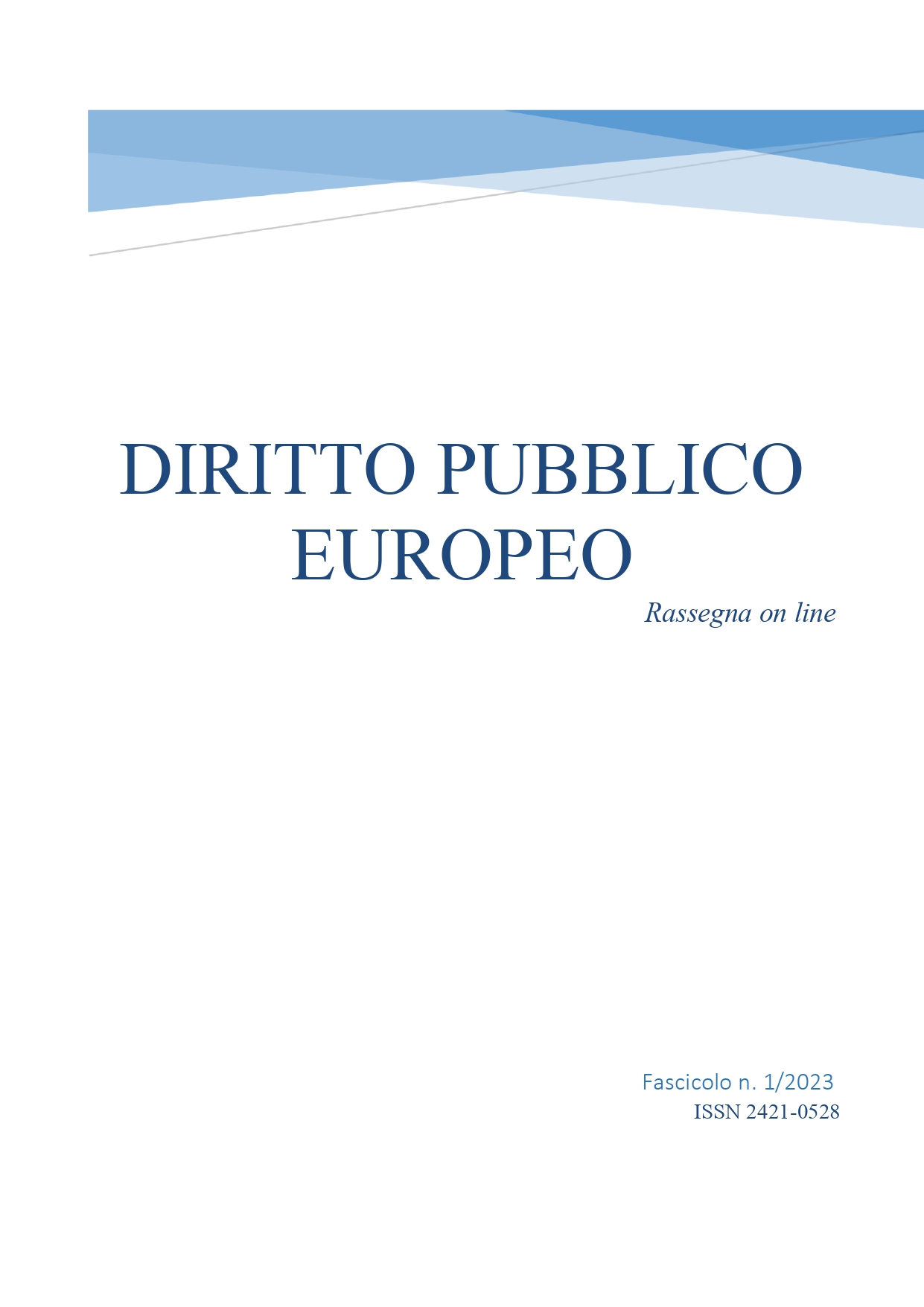The Penitentiary Invention and the Crisis of the Welfare State
DOI:
https://doi.org/10.6093/2421-0528/10066Keywords:
welfare state, incarceration rates, culture of control, penal state, education of offendersAbstract
Prison became the main sanctioning instrument in criminal law relatively recently, at the turn of the 18th and 19th centuries. This epochal shift was traced back to the rise of capitalism in Western societies, in the sense that the original function of prison punishment would have been to train the nascent proletariat in the demands of the factory. Subsequently, the ideology of the welfare state would lead to a re-dimensioning of the prison universe because the punitive logic was rethought in a re-educational and welfare sense. In conjunction with the dismantling of the welfare state initiated by the neo-liberal policies of the last years of the 20th century, there would instead be a vertiginous increase in incarceration rates. However, the Italian experience leads us to examine these phenomena in the light of a multifactorial


